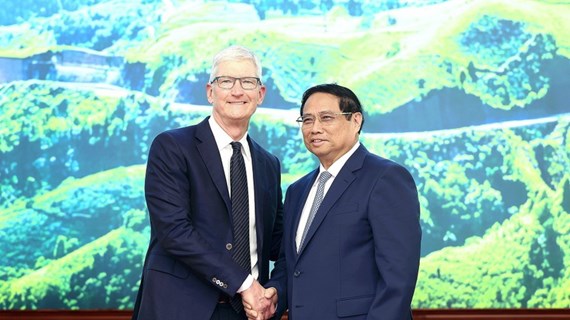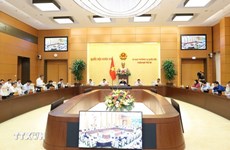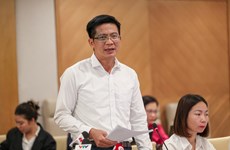“Little dragons” carry Vietnam’s dream to conquer space
Vietnam, a newcomer in the space odyssey, began small satellite manufacturing in 2007 and reaped certain achievement in this regard.
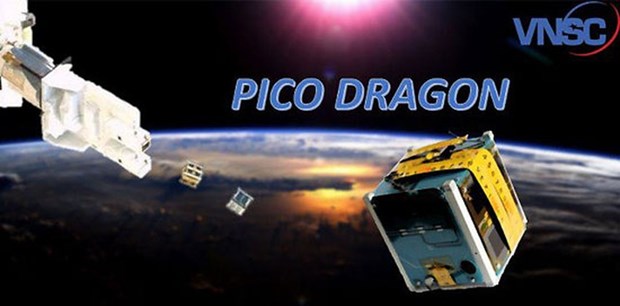 PicoDragon is launched successfully into space on November 19, 2013. (Photo: kynguyenso.plo.vn)
PicoDragon is launched successfully into space on November 19, 2013. (Photo: kynguyenso.plo.vn)Pham Anh Tuan, Director General of the Vietnam National Space Centre (VNSC) under the Vietnam Academy of Science and Technology, said aware of its limited economic and science-technology capability, Vietnam has chosen to focus on small satellite manufacturing and imagery.
After years of study and manufacturing, and with the support of the Japan Aerospace Exploration Agency (JAXA), Vietnamese engineers successfully made a micro satellite.
The 1kg PicoDragon, the first home-made satellite, was launched successfully into space on November 19, 2013, and remained in orbit for three months.
Later, 36 engineers of the VNSC were sent to five leading universities of Japan for space technology courses. Under the instruction of Japanese professors, they designed and manufactured another satellite.
The 50kg MicroDragon was launched on an Epsilon 4 rocket from the Uchinoura Space Centre in Japan’s Kagoshima prefecture, on January 18, 2019. It also successfully transmitted signals to earth.
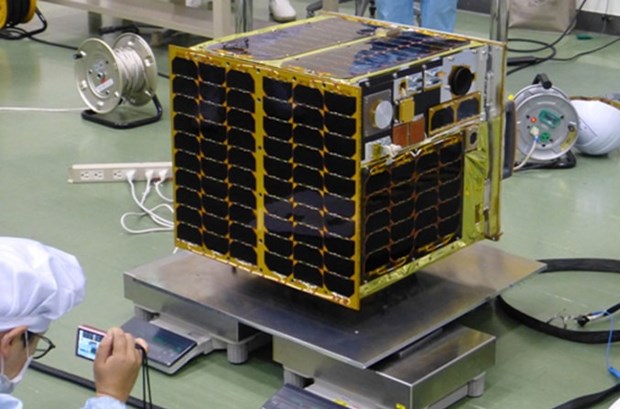 Weighing MicroDragon (Photo: JAXA)
Weighing MicroDragon (Photo: JAXA)NanoDragon’s research, design, and integration was done completely in Vietnam by VNSC scientists. It seeks to demonstrate micro-satellite beam technology to receive automatic identification system (AIS) signals to monitor activities at sea.
Vietnam's strategy for the development and application of space science and technology by 2030 has set a major goal of mastering the technology of making small satellites towards self-producing such satellites.
To realise such goal, Tuan stressed the important role of the Prime Minister in directing and coordinating ministries and agencies in this field.
Special management mechanisms are needed to facilitate space technology projects, he said, adding that the domestic manufacturing of satellites also requires long-term investment.
Tuan suggested Vietnam soon join the UN treaties on the peaceful uses of outer space, and work to protect national interests in space, together with land, air, sea and cyber.
Bui Trong Tuyen, Director of the Space Technology Institute, stressed that to develop space technology, Vietnam needs to diversify resources, suggesting the State offer tax incentives to encourage businesses to join the field./.





